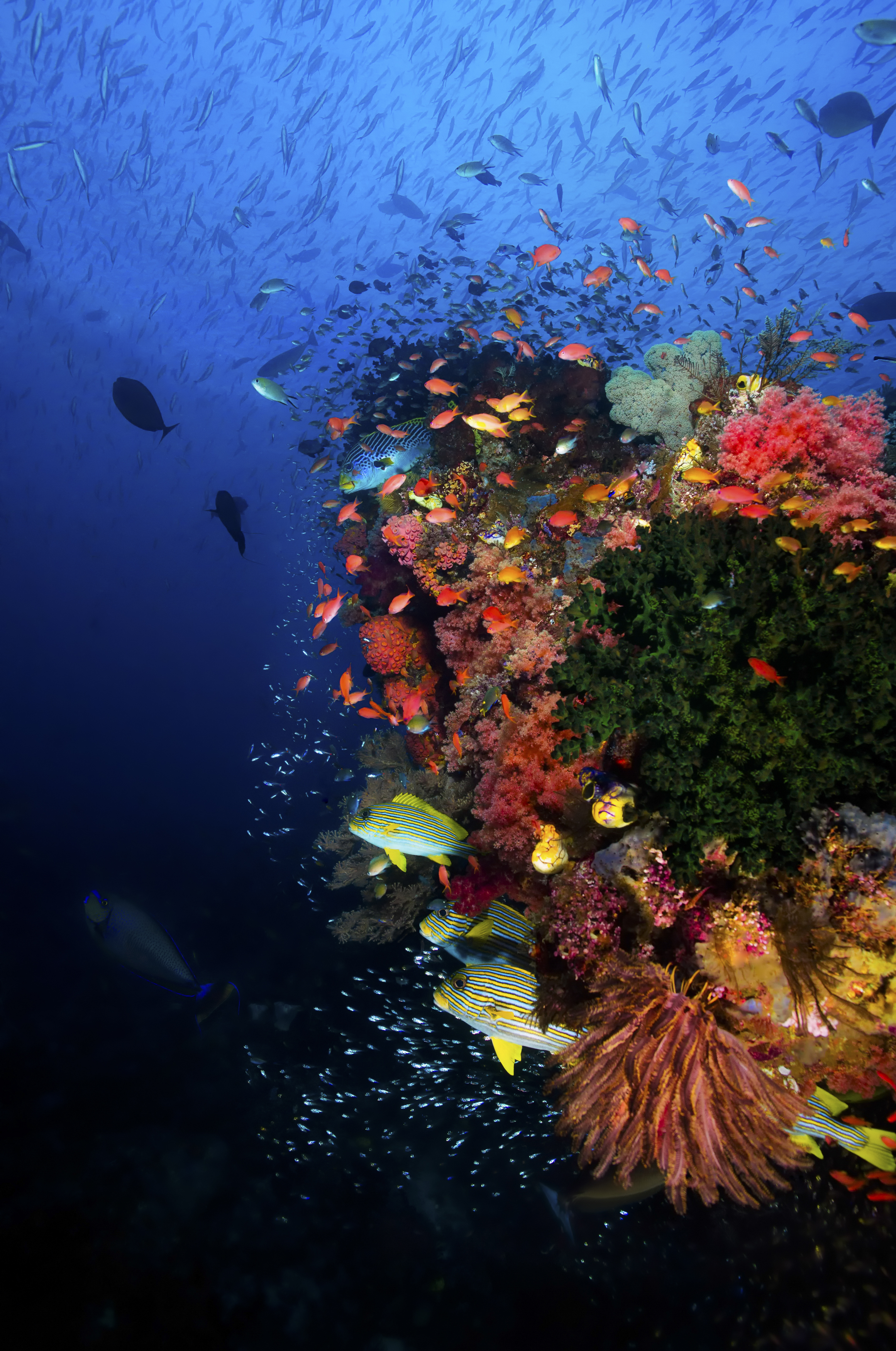Case studies
We lead and take part national and international projects that provide evidence and advice related to nature protection and use. Below are a few highlights of some of the programmes and projects that we are involved in.
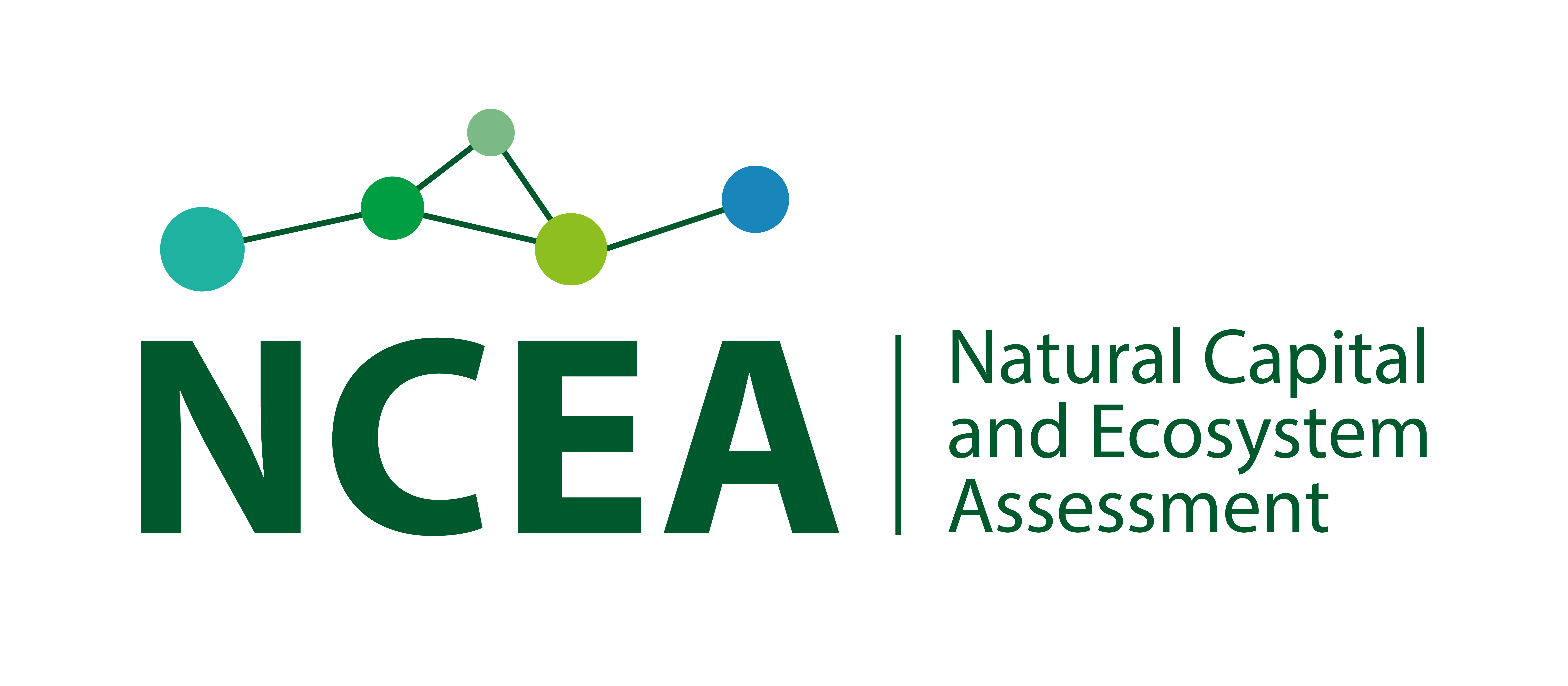
NCEA logo
From catchment to coast: monitoring land-based impacts on marine water quality
Sitting at the interface between land and sea, nearshore water bodies are a key part of the country’s natural marine capital, but they are vulnerable to terrestrial and marine pressures. We have developed combined earth observation and modelling tools to assess the extent of riverine influence on the nearshore environment and the associated impacts on marine natural capital, both under present conditions and under future climate and land-use changes. This enables us to assess how trends in land use in riverine catchment areas affect pollutant concentrations and nearshore marine water quality. The development of combined earth observation monitoring with modelling enables cost effective monitoring and informs the implementation of targeted management measures to protect our marine natural capital.
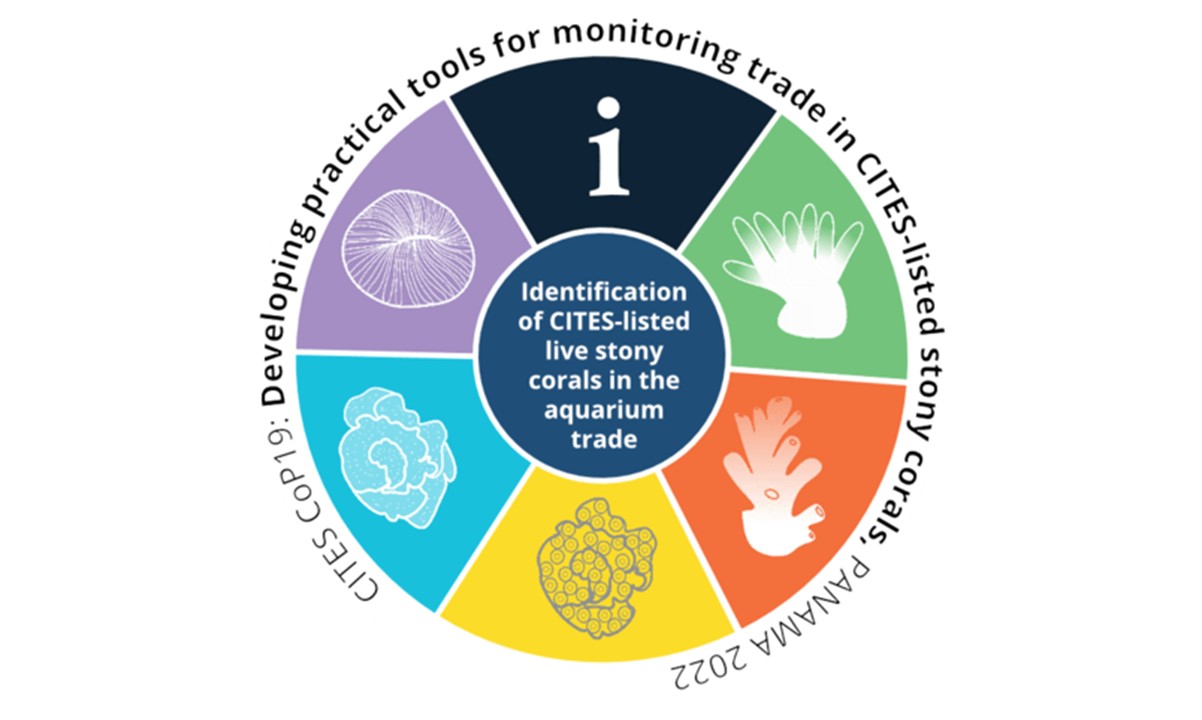
CITES and the illegal wildlife trade
Trade in wildlife and wildlife products can provide an important source of income and employment, yet trade in endangered species can have adverse impacts on biodiversity. For example, between 2016 and 2022, more than 15 million pieces of coral were exported worldwide, with a significant proportion imported into the UK. Working to support CITES (Convention on International Trade in Endangered Species of Wild Fauna and Flora) we have been working with partners in South-East Asia and the UK to provide advice and training on identifying stony corals, and threatened sharks and rays in the wildlife trade to support the sustainable trade of wildlife that is balanced with protection of biodiversity.
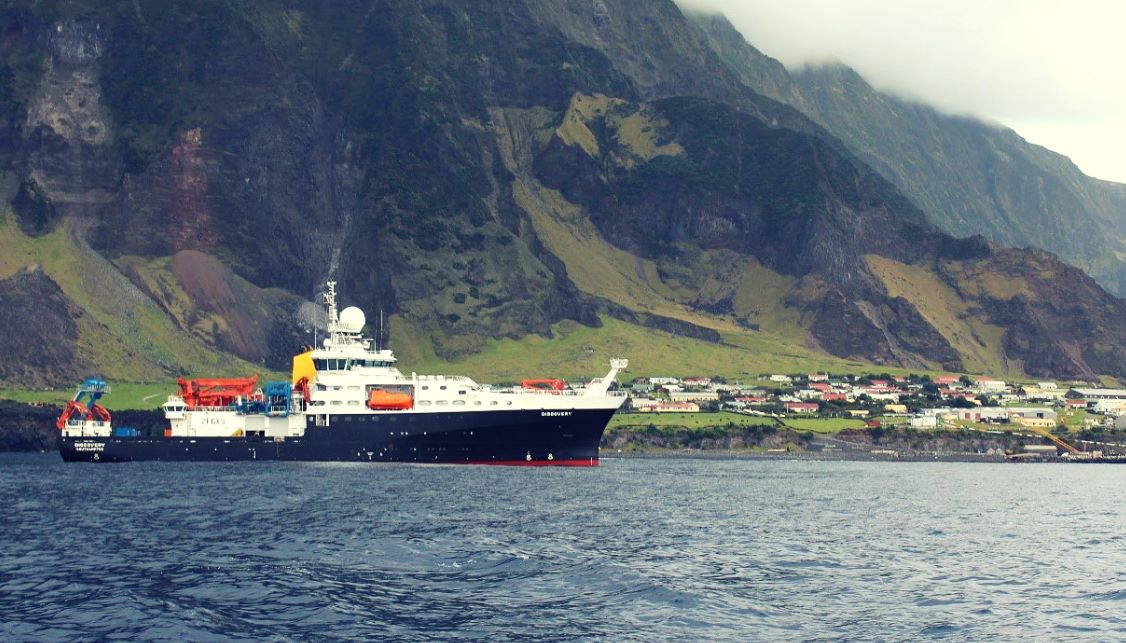
Boat in Tristan da Cunha
Marine conservation in Tristan da Cunha
In 2020 Tristan da Cunha established a 690,000 km2 no-take Marine Protection Zone (MPZ) encompassing 90% of its waters; the largest no-take area in the Atlantic. The designation of the MPZ was a community led initiative on Tristan da Cunha, which Cefas contributed to as part of the Blue Belt Programme, alongside other UK and international partners. Cefas involvement included the delivery of deepwater surveys of the seamounts and biodiversity of the waters of Tristan da Cunha. These surveys have contributed to the evidence base that was used to establish the protected area and its management regime.

Bahrain’s Supreme Council for Environment logo
Bahrain Water Quality and Ecological Resilience
We are working with Bahrain’s Supreme Council for Environment (SCE) to evaluate water quality and chemical contamination risks to marine habitats and ecosystems and prepare a State of the Marine Environment Report highlighting priority areas for management action. We are working with SCE to collect water and sediment samples, which alongside national monitoring data, have provided the data needed to evaluate nutrient, heavy metal and chemical contamination of Bahrain's coastal waters. These data have been used to establish thresholds for water quality which are now the basis for assessing changes in water quality conditions. We have integrated the water quality data with spatial data on habitat and species distributions into a spatial analysis of marine biodiversity risk and resilience for Bahrain.
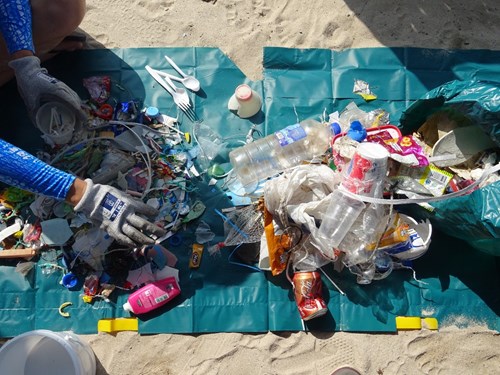
Beach litter in Vanuatu
CLIP – The Value of Clean Beaches in Efate, Vanuatu
Sadly, as with all coastal communities around the world litter washed onto beaches from rivers and seas threatens local wildlife and the enjoyment of valuable habitats for both residents and visitors. As part of the Commonwealth Litter Programme we worked with a local community environmental group in Vanuatu to assess the value residents place on clean beaches. Results indicated that a large majority of residents sampled were willing to pay or contribute significant time to remove litter from beaches, and expressed the preferences for policy measures to reduce the use of single use plastics commonly found littering beaches and coastlines.
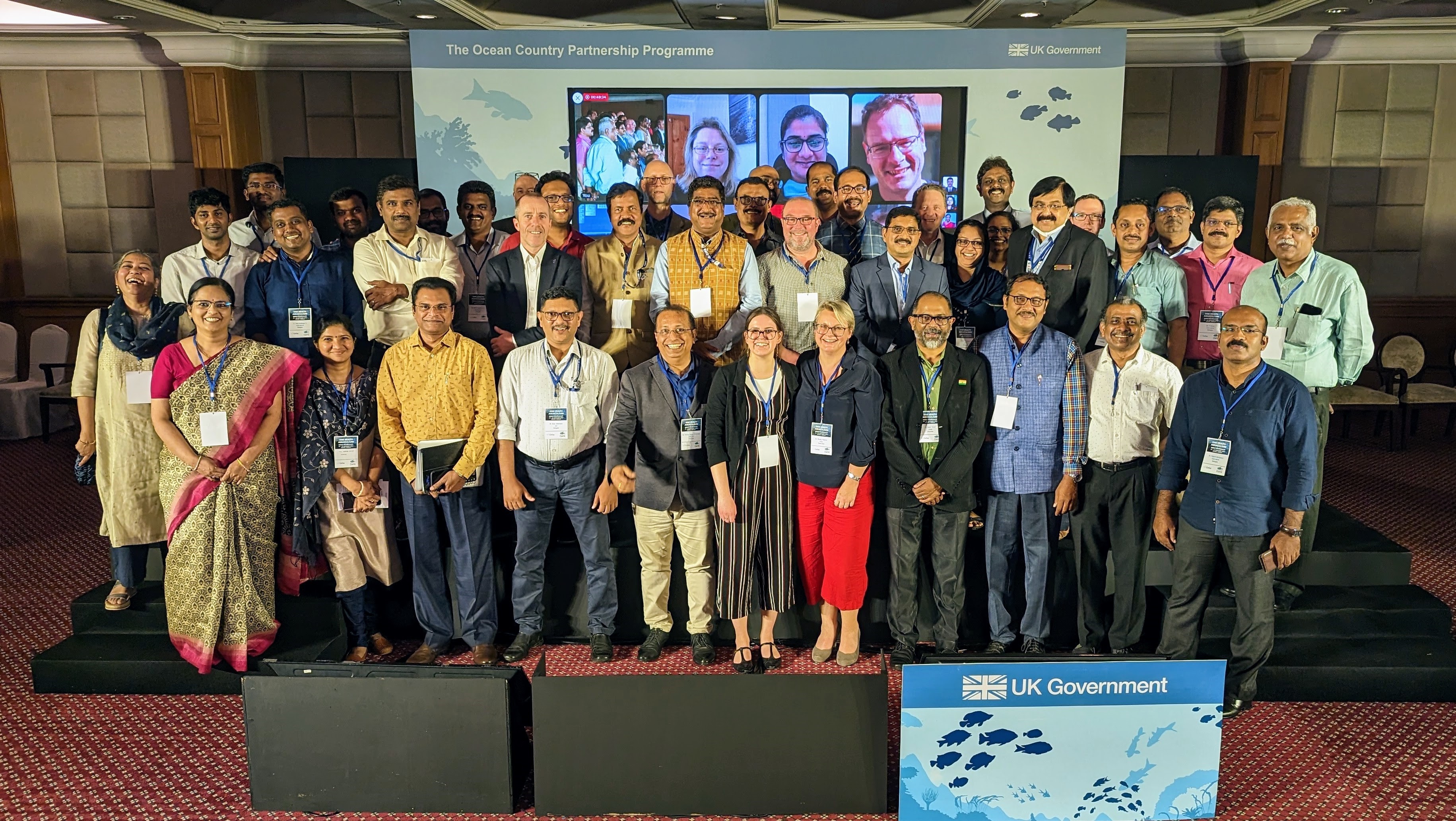
One Health workshop attendees in India
One Health Aquaculture in India
As part of the OCPP Programme we are collaborating with the Central Marine Fisheries Research Institute (CMFRI), a division of the Indian Council of Agricultural Research (ICAR), to examine the links between environmental health and aquaculture, and how new and emerging technologies could be applied to support safe and sustainable aquatic food supply chains in India. Through this we are applying the One Health Aquaculture framework to investigate how aquaculture production can be developed and distributed in ways which support healthy ecosystems, does not overexploit marine stocks, provides sustainable, inclusive and equitable livelihoods and enhances resilience to climate and socioeconomic shocks.
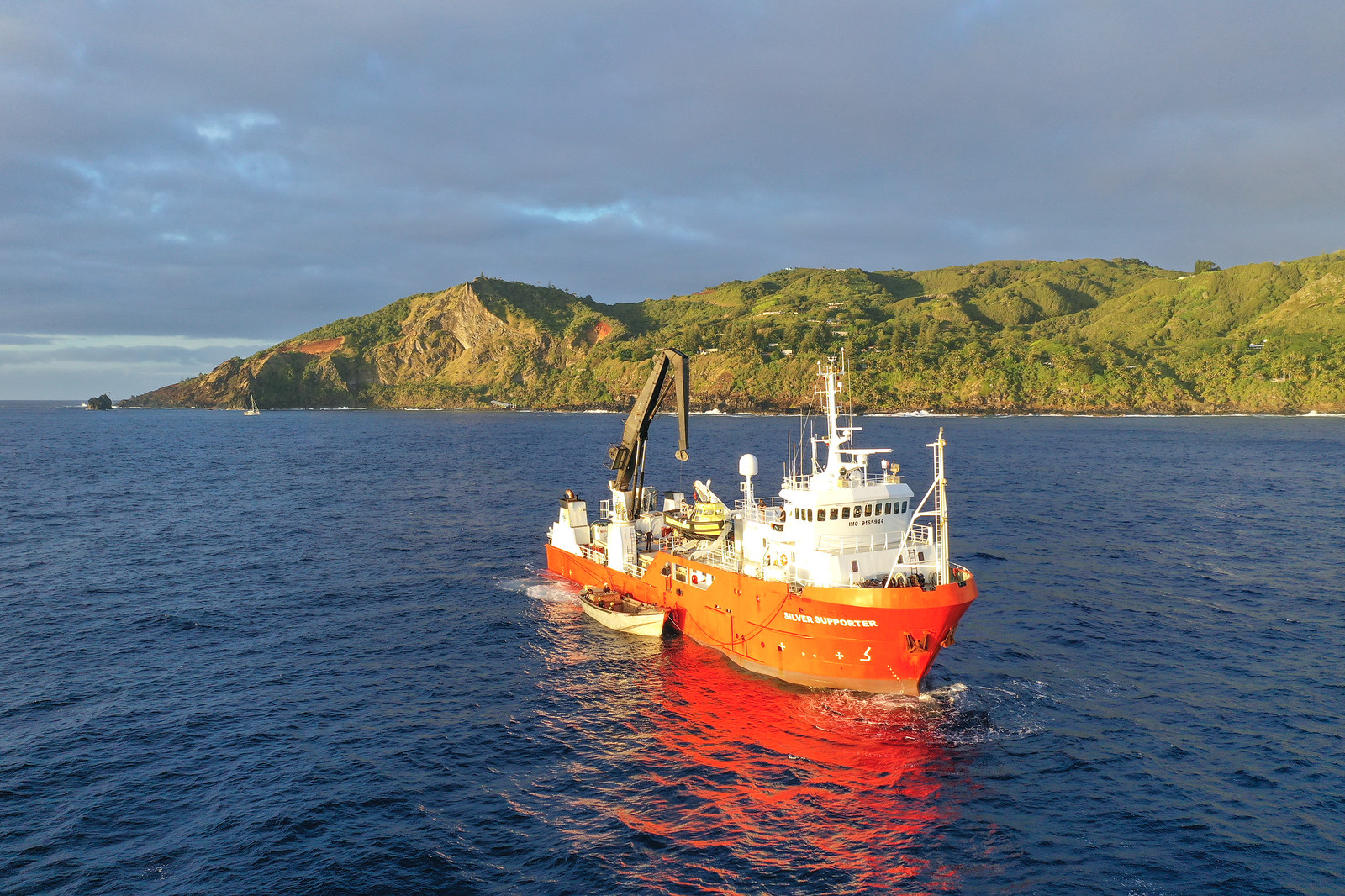
Pitcairn Islands survey
Biodiversity resilience in the Pitcairn Islands
The Pitcairn Islands in the South Pacific have established an 840,000 km2 marine protected area to protect the biodiversity and exceptionally preserved coral reefs that surround these islands. Through the Blue Belt programme, Cefas has been working with the Government of Pitcairn, alongside other UK and international partners to provide evidence, training and advice to better understand and protect the biodiversity in the waters of Pitcairn. This has included both undertaking underwater surveys of the marine life in the waters of Pitcairn and evaluating the combined impact of climate change and other human stressors affecting the corals surrounding the islands to identify options for building resilience to the future impacts of climate change.
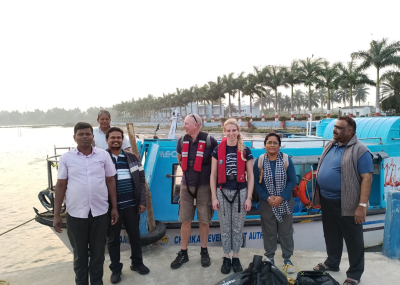
Colleagues together in India
Tackling marine pollution in India
Through the OCPP programme, we are collaborating with multiple governmental and academic organisations in India to evaluate both the extent of marine pollution and options to tackle sources of pollution. The collaborations have included testing passive samplers to monitor trace metal and organic pollution, and microplastic sampling in water sediment and biota. Beyond evaluation of the impacts of pollution, we worked with local partners to develop and distribute marine litter education packs for local schools, to inform school children about the challenges and issues associated with plastic pollution.

Environment Agency - Abu Dhabi logo
Abu Dhabi Marine Invasive Species Pathway Management Plans
Invasive species are one of the five main drivers of global biodiversity loss, and can be introduced via a number of different pathways and human activities. We have been supporting the Environment Agency - Abu Dhabi (EAD) develop its marine invasive species policy and pathway management plans. We conducted a review of marine invasive species present in the region, and a risk assessment of high-risk species that could be introduced. This has been used by EAD to prepare their Invasive Marine Species Policy. We are now working with EAD to prepare pathway management plans for the aquaculture sector and aquarium trade.
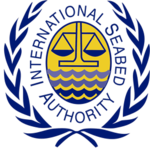
Deep Sea Mining and the International Seabed Authority logo
Deep Sea Mining and the International Seabed Authority
Deep seabed mining is an emerging industry with significant international and commercial interests. But it is also controversial as the marine habitats that are to be exploited for minerals are under-studied and often biodiverse and the environmental risks are not yet fully understood. However, the minerals available through deep seabed mining are considered to be critical to support the transition to net zero by 2050. We are supporting UK Government’s interactions with the International Seabed Authority with expert advice on the production of robust deep seabed mining regulations and associated standards and guidelines.
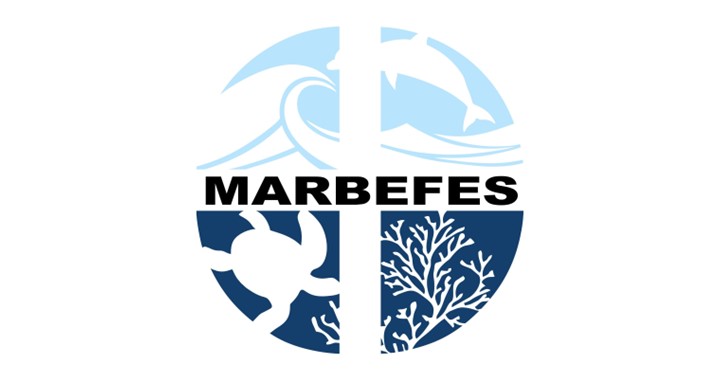
MARBEFES - MARine Biodiversity and Ecosystem Functioning leading to Ecosystem Services
Protecting biodiversity is central to sustainable use of our coasts and seas, yet we lack the ability to fully articulate its value and there are gaps in fundamental scientific knowledge of how the ocean’s biodiversity functions and the benefits it provides. MARBEFES is a 23-partner pan European project that aims to address this by determining how marine biodiversity is linked with goods and services provided by marine ecosystems, plugging the gaps in fundamental biodiversity knowledge and evaluating the ecological, cultural and economic value of marine ecosystems.
